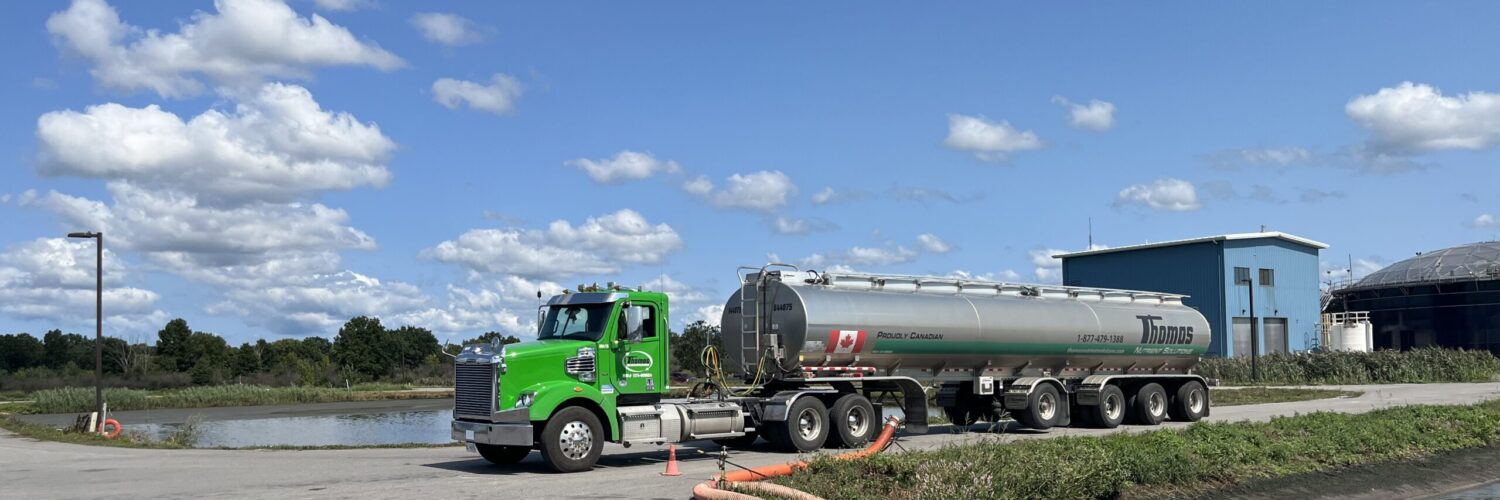The future of food production has increasingly become reliant on the sustainable and natural nutrients provided by biosolids farm fertilizers. Biosolids, which come from sewage effluent, are an abundant source of nutrients such as nitrogen and phosphorus that are key in crop growth. This method of reprocessing waste into usable products is the essence of a sustainable or circular economy.
Synthetic production of phosphorus and nitrogen is very energy intensive and causes increased greenhouse gas emissions. The EU is studying the nutrient content of biosolid farm fertilizers to determine if it can replace chemical fertilizers and if the technology is sufficient to produce these farm fertilizers safely and in larger volumes.
A project called LEX4BIO is exploring ways to develop biosolids farm fertilizers to enable it to become commercially viable and optimized for crops without causing further harm to the environment. This project is part of a EU initiative called Horizon 2020 which is funding innovative research, such as LEX4BIO, for a greener and more sustainable future.
Kari Ylivainio, a senior scientist from Natural Resources Institute Finland (Luke), is the project coordinator for LEX4BIO. She believes that by optimizing the use of biosolids farm fertilizers according to crop requirement, environmental impact can be minimized and agricultural profitability improved.
The crop requirement is an important criterion in the processing of biosolids based fertilizers because these are designed to use just enough of the nutrients for plant growth without damaging nearby water streams and lakes. These parameters were passed by the EU for strict compliance by the farmers and fertilizer producers across Europe. LEX4BIO is developing soil testing techniques to determine the nutrient availability for plants to come up with a standardized methodology for soil quality analysis.
The project is evaluating biosolids farm fertilizers for their nutrient availability under a variety of conditions across Europe to determine its efficiency in the field. They are also investigating the impact of these fertilizers on feed safety and human health to ensure that there will be no undesirable side effects. If the correct levels of nutrients are identified and applied consistently, the residual runoff into the lakes and streams will be minimized.
The main concern is how to effectively filter out harmful contaminants in wastewater and sewage such as pathogens, heavy metals, and unwanted chemicals before they are processed into fertilizer. They are also addressing the issue of increased antibiotic resistance in the agricultural soil. But as new technologies emerge and new methodologies developed, it is just a matter of time before these issues could be fully addressed.
Despite the challenges it faces, LEX4BIO and other similar studies are a step in the right direction in furthering the cause of sustainable agriculture. The results of their studies will have far reaching effects around the world where traditional farm practices are causing harm to the environment. Biosolids farm fertilizers have been around for a long time, but the more effort is poured into improving the process of refinement to remove undesirable pathogens and chemicals, the better the chances of achieving mass market acceptance.
If you are a municipality in Ontario and in need of a biosolids management solution, please feel free to contact us at 1 (877) 479-1388.
Sources:
https://www.luke.fi/en/news/
https://www.phosphorusplatform.eu/

